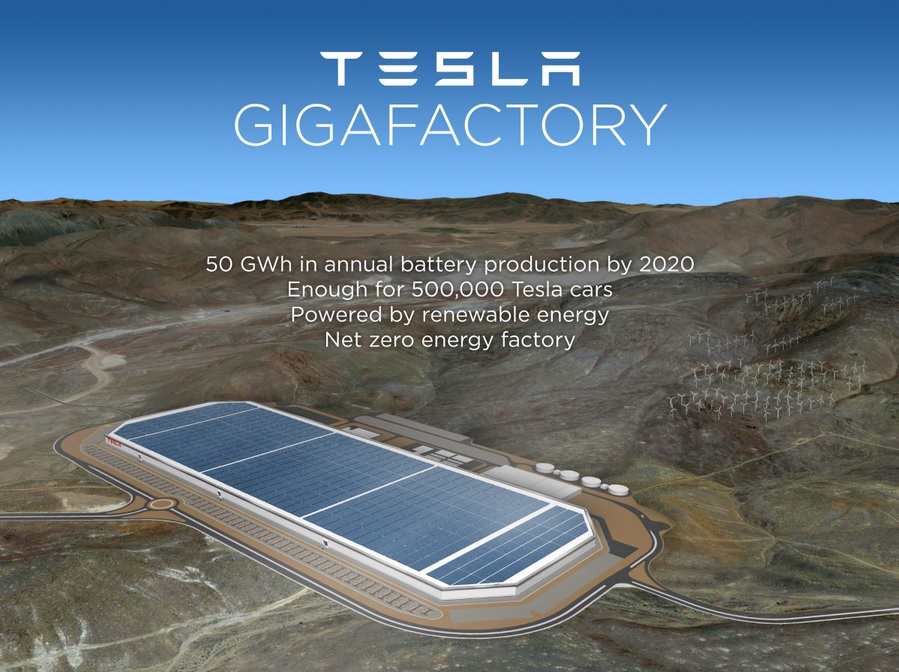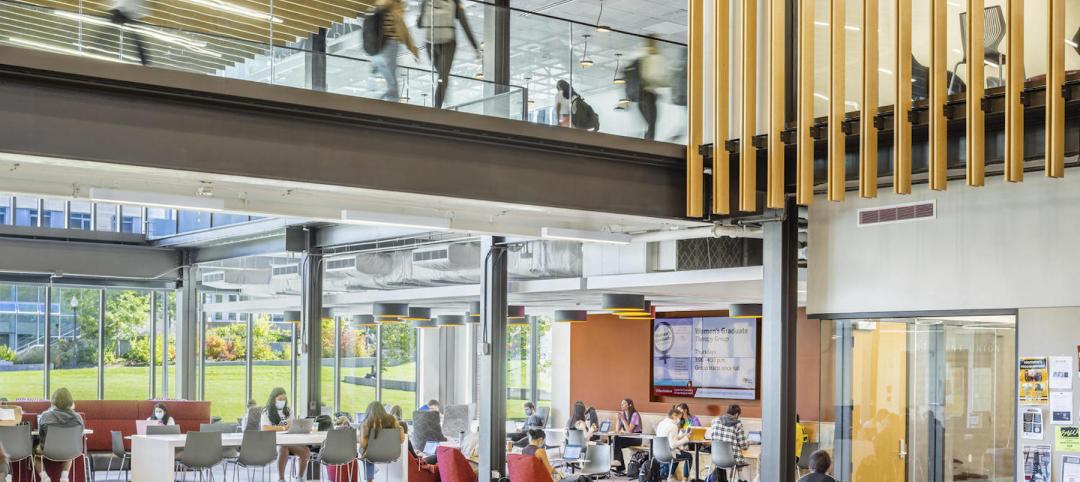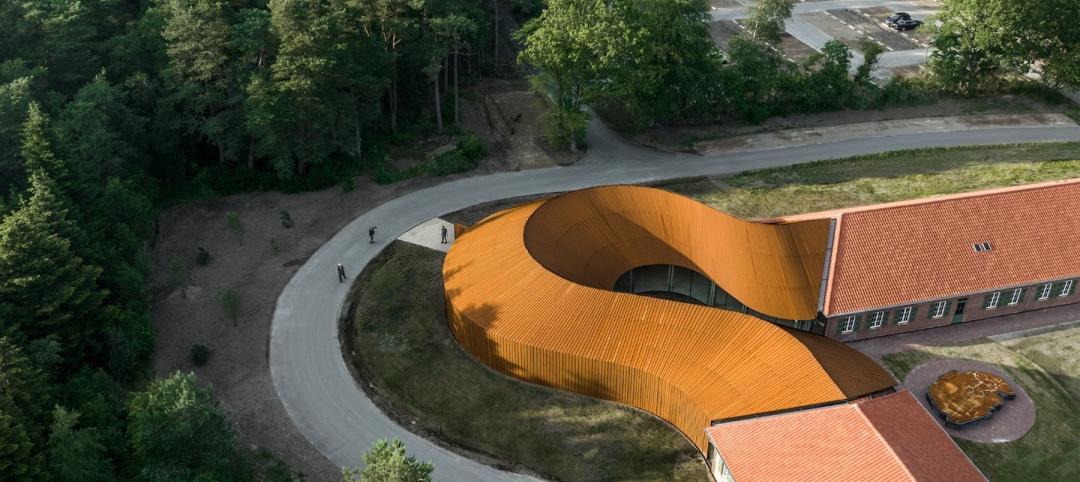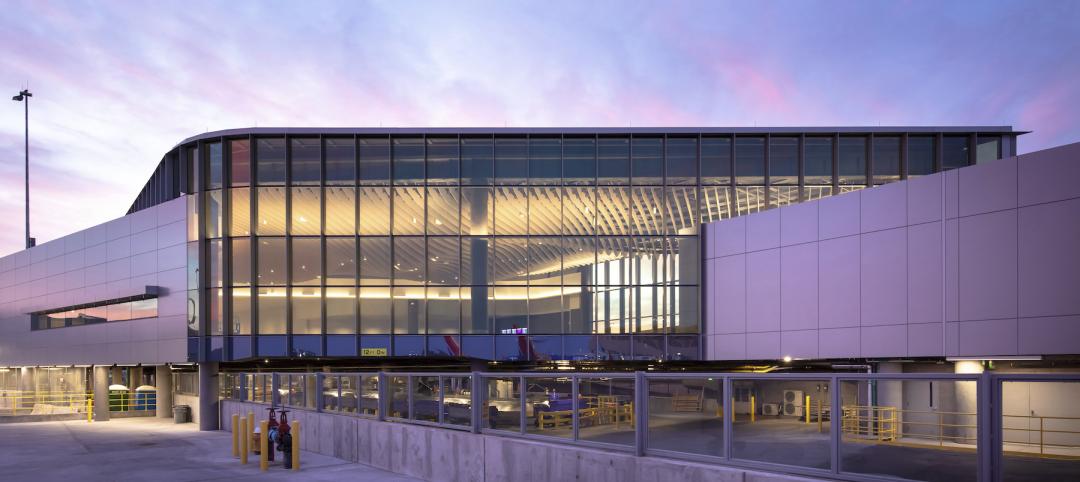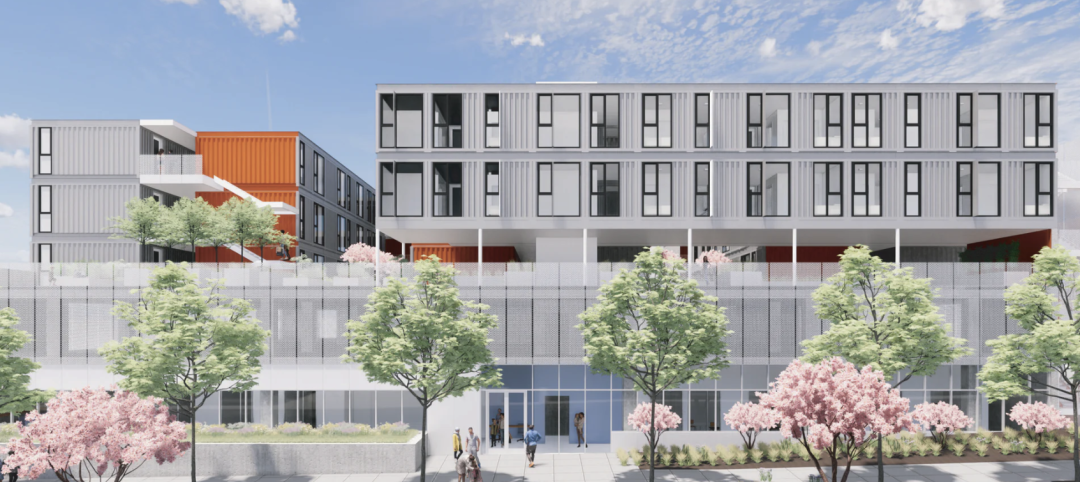Work has begun on Tesla Motors’ “gigafactory,” a $5 billion project on 980 acres in Sparks, Nev., that, when at full capacity in 2020, could annually produce 50 gigawatt-hours of lithium-ion batteries, or enough for 500,000 of Tesla’s electric cars.
Sparks, a suburb of Reno, Nev., was the winner in the gigafactory sweepstakes whose finalists were Fort Worth, Austin, Phoenix, and Albuquerque. Last September, Nevada Gov. Brian Sandoval signed a bill granting $1.3 billion in tax breaks to Tesla—including giving it the land for free—to build this massive plant, which at an estimated 5.5 million sf would be equal to 174 football fields.
Panasonic, which owns a portion of Tesla, last October said it would invest 10 billion Yen—or the equivalent of $92 million—into this project. The Wall Street Journal quoted Panasonic’s CEO, Kazuhiro Tsuga, who promised “installments of similar amounts” into this plant in the future. Currently, Panasonic supplies batteries for Tesla’s cars from its plants in Asia.
Elon Musk, Tesla’s CEO, says he expects Panasonic to contribute between 30% and 40% of the plant’s total cost. Tesla Motors will ante up half of the cost, and will manage the plant itself.
Tesla is building this plant to provide batteries for its Model 3 car, which is scheduled to go into production in late 2017 or early 2018. The plant would also provide batteries for Tesla’s Model S, and its upcoming Model X SUV. However, when this plant is scheduled to open is uncertain, as different news reports have said the opening could be in late 2016 or sometime in 2017.
The Nevada plant’s construction is projected to create between 20,000 and 22,000 jobs, and 6,500 permanent jobs. Over a 20-year period, the plant is expected to add $100 billion to Nevada’s economy.
Tesla’s goal is to produce batteries that are cheap enough for it to be sell its Model 3s for around $35,000. These batteries would also allow the electric cars to drive up to 200 miles before needing recharging.
However, given that Tesla sold between 33,000 and 35,000 cars globally in 2014, according to the website InsideEVs, its dreams of 500,000 units sales seem quixotic, especially given buyers’ lukewarm reception to all-electric cars so far.
To put this into some perspective, the two best-selling vehicle models in the U.S.—the Ford F-series trucks and Toyota Camry—sold 763,000 and 404,000 units in the U.S., respectively, last year, when a total of 16.5 million autos were purchased by American buyers. Toyota offers a gas-electric hybrid model, one of 47 hybrids from different manufacturers available in the U.S., where hybrids account for 3.2% of all light-vehicle sales.
Plug-in electric car sales in the U.S., on the other hand, rose above the 100,000-unit level for the third consecutive year in 2014, according to the website GreenCarReports.
Tesla doesn’t break out its U.S. sales, but given that its Model S starts at $70,000, one would think its market share is small. Nevertheless, the company is banking on a sizable increase in worldwide demand for electric cars. Last week Musk told CNBC that his company “should be able to produce a few million cars a year by 2025.” Tesla recently upgraded its plant in Fremont, Calif., to be able to produce 100,000 electric cars by the end of 2015.
Related Stories
Office Buildings | Jul 12, 2022
Miami office tower nears completion, topping off at 55 stories
In Miami, construction of OKO Group and Cain International’s 830 Brickell office tower is nearing completion.
University Buildings | Jul 11, 2022
Student life design impacts campus wellness
As interior designers, we have the opportunity and responsibility to help students achieve deeper levels of engagement in their learning, social involvement, and personal growth on college campuses.
Museums | Jul 11, 2022
Denmark opens a museum that tells the stories of refugees worldwide
Located on the site of Denmark’s largest World War II refugee camp, the new Refugee Museum of Denmark, FLUGT, tells the stories of refugees from the camp as well as refugees worldwide.
Codes and Standards | Jul 8, 2022
Inefficient supply chains, outdated project delivery systems hamper construction investment
Constructing and justifying the cost of physical assets such as a manufacturing plant is much more difficult than it was decades ago, according to a report by Steffen Fuchs, senior partner with McKinsey & Company.
Airports | Jul 8, 2022
Phoenix Sky Harbor Airport’s new terminal prioritizes passenger experience and sustainability
McCarthy Building Companies recently completed construction of the final concourse in Terminal 4 at Phoenix Sky Harbor International Airport.
Architects | Jul 7, 2022
Page acquires AE giant EYP to form 1,300-person international design firm
The combined firm will “be able to invest in research and thought leadership to co-create with our clients,” stated Page CEO Thomas McCarthy.
Building Team | Jul 7, 2022
Report explores improving architect/contractor relationship
A new study by the American Institute of Architects and the Associated General Contractors of America focuses on improving the relationship between architects and contractors.
Airports | Jul 7, 2022
Love at first flight: The power of first impressions in airports
As architects, how we design a terminal and choreograph the passenger experience can stir up strong feelings.
Building Team | Jul 7, 2022
Amenity-rich rental property in Chicago includes seven-story atrium with vertical landscaping
The recently opened 198-unit Optima Lakeview luxury rental apartment building in Chicago is bursting with amenities such as the region’s first year-round rooftop pool, contact-free in-home package delivery, housekeeping services, on-site room service, fitness programming, and a virtual personal assistant.
Multifamily Housing | Jul 6, 2022
The power of contextual housing development
Creating urban villages and vibrant communities starts with a better understanding of place, writes LPA's Matthew Porreca.



